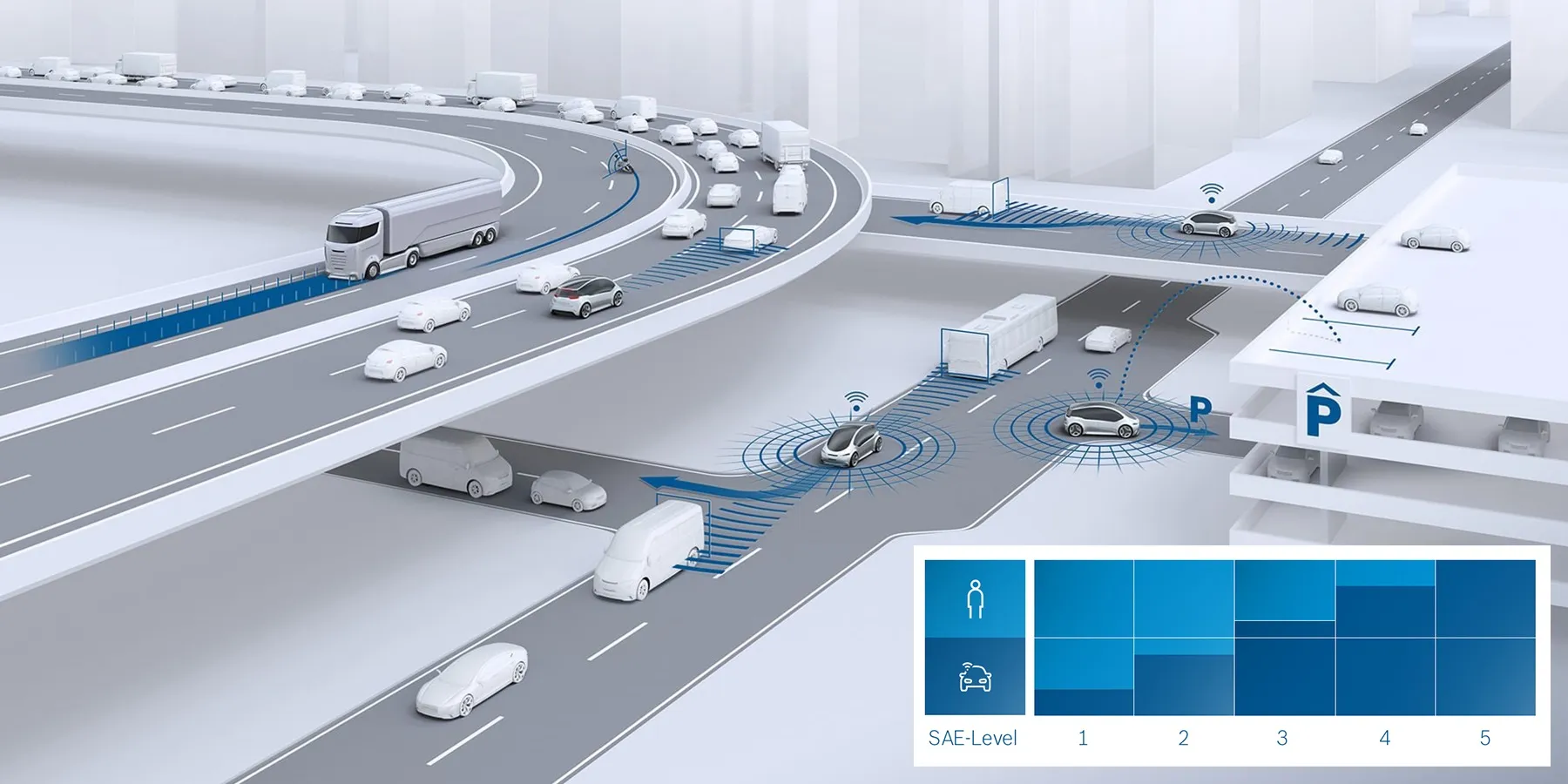Dr. Michael Hafner, vice president drive technologies and automated driving at Daimler, says: “With this pilot, we will generate valuable insights to connect fully-automated vehicles in the best way with users of future mobility services.”
The partnership has signed a memorandum of understanding with the city to finalise their plans for the trial. Using Mercedes-Benz S-Class vehicles, Bosch and Daimler intend to operate the service between an unnamed community in San Carlos/Stevens Creek corridor between downtown and west San José.
Daimler will provide the vehicle’s drive system and test facilities while Bosch is responsible for the sensors, actuators and control units.
Daimler Mobility Services will operate the user ride-hailing app in a bid to demonstrate how car-share, ride-hailing and multi-modal platforms can be intelligently connected.
Bosch and Daimler to trial automated ride-hailing service in San José
Bosch and Daimler will trial an automated driving (Level 4/5) ride-hailing service in San José, California, during the second half of 2019.
SAE International (formerly the US Society of Automotive Engineers) has established Level 4 as the vehicle’s ability to operate independently while allowing the driver to go to sleep or leave their seat. Level 5 is classified as fully autonomous and does not require human intervention.
Dr. Michael Hafner, vice president drive technologies and automated driving at Da
November 14, 2018
Read time: 2 mins







